Nigeria
Nigeria's annual inflation slowed by 0.03 percentage point to 15.60% in January, the statistics office said on Tuesday, ahead of the release of growth data next week.
Inflation, which has been in double digits since 2016, was particularly high in December due to a surge in demand during the Christmas season, said Simon Harry, head of the National Bureau of Statistics.
Nigeria imports many key goods and services. A dollar shortage has prompted the government to put restrictions on foreign exchange supplies at certain items, cutting supplies of goods and exerting pressure on prices.
The West African country faces a fuel shortage that could stoke inflation as logistics and transport costs rise, analysts say. Nigeria depends almost entirely on imports to meet its domestic gasoline needs because it lacks refining capacity.
Nigerian authorities have said persistent inflationary pressures are structural - linked to deficits and not solely to the money supply - and largely imported.
Food price inflation, the major headline component, decreased by 0.24 percentage points in January to 17.13%. Core inflation, excluding prices of farm produce, was flat at 13.87%.
Persistent double-digit inflation could pile pressure on the central bank to reconsider its dovish stance on interest rates, although economic growth is still fragile.
Nigeria's economy grew just over 4% on an annual basis in the third quarter, its fourth consecutive quarterly expansion, after a COVID-19-induced recession in 2020. However, the rate of growth slowed compared with the previous quarter.



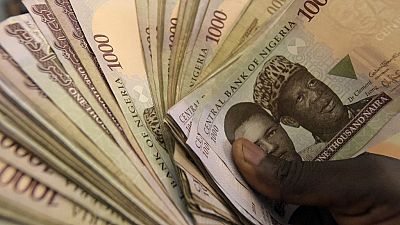

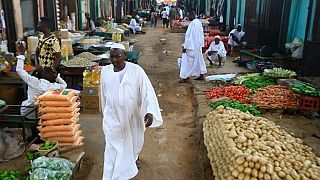

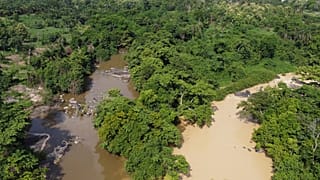
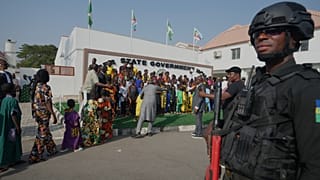

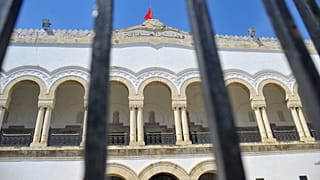
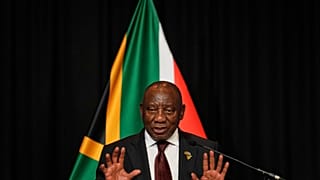
01:00
Protests erupt in La Paz over Bolivia's fuel subsidy cuts
00:58
At least 50 killed in market attack in Nigeria’s Niger State
00:57
Speeding, flat tire blamed as driver faces prosecution in Anthony Joshua crash
00:58
Nigeria to enforce new tax laws, despite opposition concerns
00:42
Anthony Joshua hospitalised after fatal car crash in Nigeria